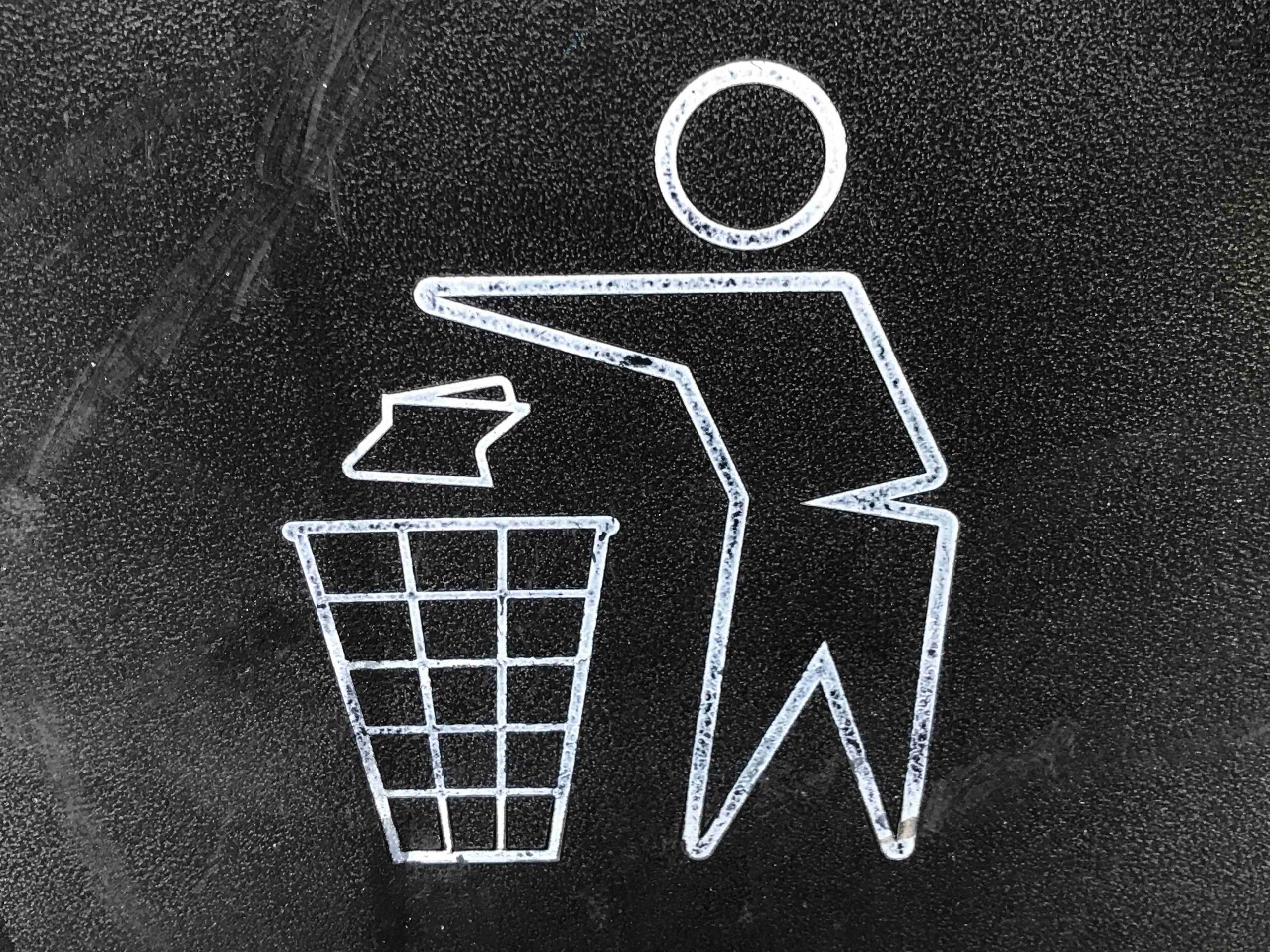Manufacturers have produced 8.3 billion metric tons of plastics over the last 60 years. In the last four decades, global plastic production has quadrupled. If this trend continues, plastic manufacturing will make up 15% of greenhouse gas emissions by 2050.
If that wasn’t enough, 14% of plastic is collected for recycling globally, with the rest ending up in landfills and oceans. As a result, we are seeing an increased amount of microplastics end up in our ecosystems.
We need to look at solving this problem by stopping plastic waste being created in the first place. This means eliminating plastic we don’t need and reusing/recycling all the rest. By designing out plastics for new goods and keeping current plastic in the economy, we keep it out of the environment.
Below is a walkthrough of innovations I believe are at the forefront and leading change in industry.
Feedstock
Around 1.45 billion metric tons of agricultural waste is produced annually. This waste creates opportunities for feedstocks for biopolymers and compostable packaging.
Great Wrap is developing PHA-based products from food waste, where they can achieve 60-70% conversion of food waste into product. They are diverting 100,000 tons of food waste from landfill to create 50,000 tons of wrap, with the other 50,000 tons being used as energy via anaerobic digestion. At the end of the lifecycle, the product is marine biodegradable, home compostable, and soil and landfill biodegradable.
Collection/sorting
No matter how well we design out plastic waste, there will still be the issue of collecting and sorting recyclables.
At the trash receptacle, CleanRobotics is creating a robotic trash can by combining next-generation robotics and sensor technology to automatically sort recyclables from everyday trash. With just 2 TrashBots, they can sort 30,000 items with 90% accuracy, whereas conventional sorting is only 30% accurate. This diverts 1,800 lbs or recyclables from going to landfill, compared to 650 lbs with conventional bins. According to the EAP, for every ton of recyclables diverted, you divert a ton of carbon dioxide – 2 TrashBots can offset 5 tons of carbon dioxide, which is equal to taking one car off the road for a year. Beside carbon reductions, our TrashBots save 1,500 gallons of water each.
At the facility level, Zabble has developed a zero-waste management platform that: 1) helps universities and hospitals monitor their waste streams within their buildings, and 2) automates invoices received from the haulers to extract service levels, costs and any anomalous charges. They help customers create campaigns to reduce contamination, find alternatives to generate less waste and stay on top of their waste bills and service levels with real-time analytics.
From a city service perspective, ALBA W&H Smart City provides refuse and recyclables collection services. In addition to collection services, ALBA W&H developed app called STEP UP Sustainability to stay on track with NEA’s environmental target of reaching 70% recycling rate by 2030. The STEP UP Sustainability App rewards users with green bonus points, known as CO2 points for their recycling efforts. CO2 points represent the amount of CO2 emissions that one could save through recycling actions.
Recycling and Circularity
The last piece is accounting for the end of lifetime of these products. Innovative startups are integrating circularity via chemical recycling.
Arqlite is a recycling technology company developing high-efficiency materials made 100% from plastic waste. Their recycling system can process non-recyclable plastics, providing an eco-friendly solution at a competitive price to landfill fees. The idea is to take the best plastic polymers to create desirable properties, like being light, durable, elastic and inert, and then we turn that into a product.
One other startup innovating on the chemical recycling/processing side is mobius. mobius is integrating with existing supply chains to connect the dots between waste generators and manufacturers who are otherwise taking petroleum based or natural gas-based materials to make consumer products. They look at organic waste as a composite of four building blocks: proteins, fats, sugars and lignin. Mobius is specializing in developing and building a portfolio of technologies to convert those building blocks/waste components into chemical and material building blocks, such as polymers, specialty chemicals that are made from waste.
Future Outlook
Solutions are needed to solve the problems of an increasing amount of plastics and lack of recycling. What makes matters worse are the global dynamics of plastics and recycling.
China has cut off imports of all but the cleanest and highest-grade materials. Because of their purity standard is challenging to meet, as many as 111 million tons of plastics will have to find a new place to be processed or disposed of. For perspective, prior to China’s ban, 95% of the plastics collected for recycling in the European Union and 70% in the US were sold and shipped to Chinese processors.
To add to the current economy, it’s cheaper for plastic manufacturers to purchase oil to manufacture virgin plastics, rather than purchasing recycled plastic. Also, it’s cheaper to send everything to landfill, rather than recycling.
These factors just accelerate the need for solutions and adoption of new technologies.
Governments can step in to incentivize recycling, similar to what ALBA W&H has done.For instance, Los Angeles has artificially inflated by 400-500%, making the cost differential between trash and recycling an incentive for good practices.
Land use is another driver for policy changes. As a land is a scarce resource, in some countries landfill rates have spiked, as they don’t have enough space.
Lastly, people are pressuring CPG companies/producers to take responsibility. Many organizations have committed to the Ellen MacArthur Foundation’s common vision for a circular economy for plastic, through the Global Commitment and the Plastic Pact network.
Within the next few years, we will see advancements in plastics and the circular economy. It is just a matter of scale, adoption, and timing.
About The Author

Daniel currently works at Lawrence Livermore National Laboratory. His original assignment was to maintain and update facility safety documentation for all facilities on-site, and perform risk analysis. Over time, his role has expanded to leading continuous improvement efforts through product management.
Concurrently, Daniel volunteers with Techstars, helping organize startup weekends, and with the American Institute of Chemical Engineers, organizing events on the local and national levels of the organization. He also volunteers with One World, and previously with Powerhouse Ventures, to source and screen startups for potential investment.
Daniel holds a BS in Chemical Engineering from UC Davis, and recently completed coursework in energy innovation from Stanford. His passion is at the intersection of sustainability, innovation, and business.

